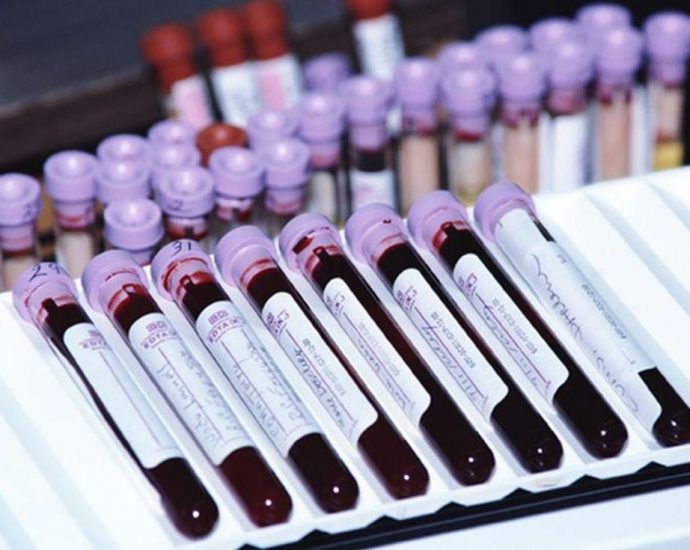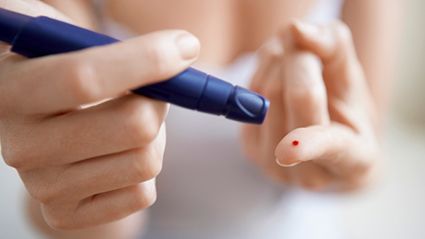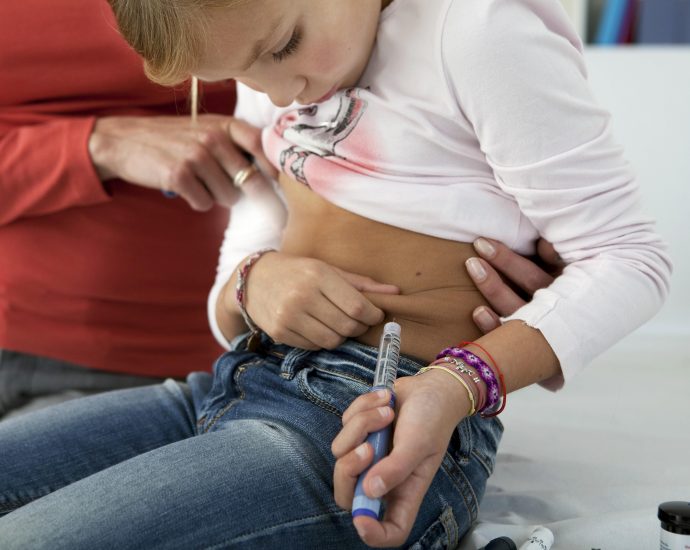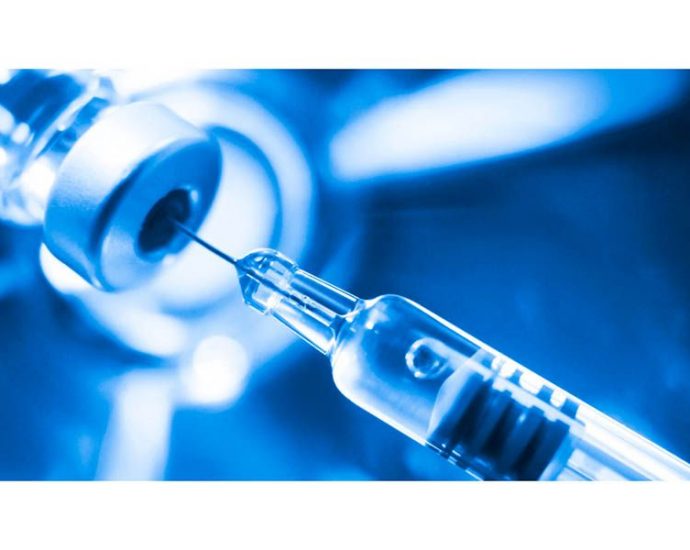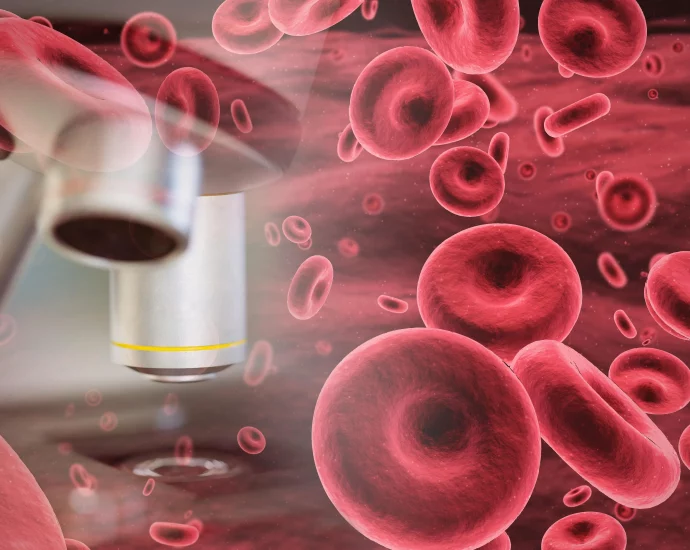Blood Thickness May Play Role in Risk of COVID Death
TUESDAY, July 19, 2022 (HealthDay News) — The thickness of a person’s blood can be a matter of life or death if they contract COVID-19, a new study suggests. Patients hospitalized with COVID-19 who have higher blood viscosity are at greater risk of dying from COVID-related complications, the researchers found.Continue Reading

